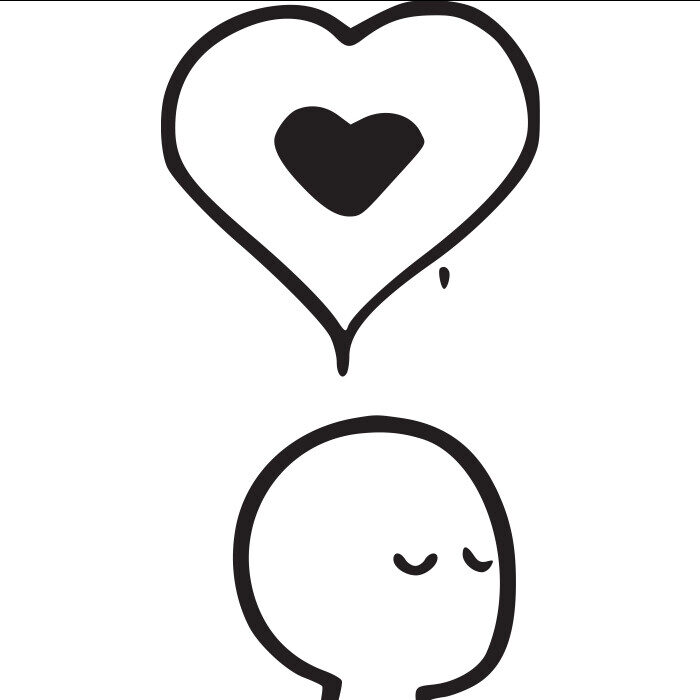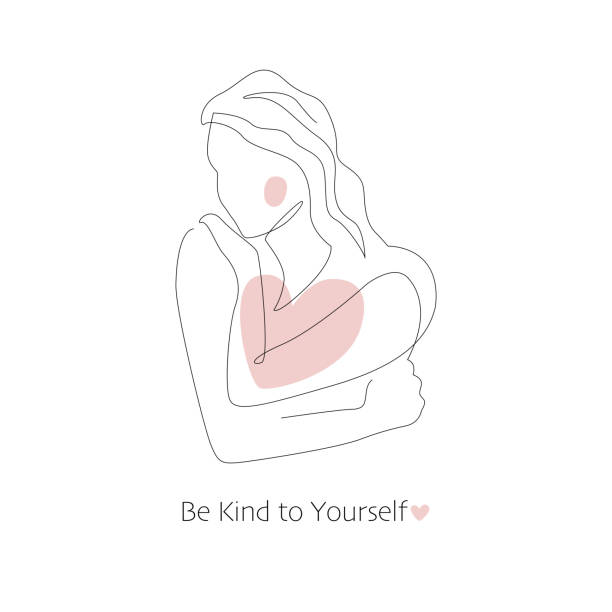Childhood trauma, when a person experiences traumatic events during their adolescence, it leaves a lasting impact on a person’s self-esteem and overall mental health.
These effects will never truly go away, but learning how to navigate them is a step in the right direction.
Childhood trauma can lead to negative self-perception, internalized shame, and challenges in regulating emotions throughout adulthood.
Realizing these effects is the first step; navigating how to conquer them is the next.
It’s also important to seek support, whether through therapy, support groups, or trusted friends and family. Sharing your experiences and feelings can provide validation, understanding, and tools to help you heal. Connection with others can remind you that you are not alone in your struggles and that healing is possible.


I grew up with a dad who was an alcoholic—a dad who sometimes didn’t know my age, who never attended my dance competitions, and who rarely knew much about me. On the other hand, I grew up with a mom who showed up for me every time I needed her to, who would randomly buy me things at the store that reminded her of me, and who, in her eyes, believed I was the best gift she could have ever been given.
Knowing those things, you might assume that I am confident in myself because I was raised by a mother who did everything in her power to lift me up. Unfortunately, that’s not the case.
Throughout my childhood and adolescence, you could say I was dealt a bad hand. The effects of the events I’ve experienced throughout my life impact me daily. I could let them control my life, or I could push through them, and I almost always choose to push through.
Once I realized that I am not defined by the traumatic things that have happened to me, my life became exponentially better. My dad leaving me does not mean that I am “unlovable” or not worthy of someone’s love. My dad choosing alcohol over me does not mean that alcohol is truly worth more than I am. These are things I have to remind myself of daily to keep negativity out of my life.
By the age of 16, over two-thirds of children report at least one traumatic event in their lives.
Everyone’s stories and lives are different; everyone processes things and feels emotions differently. No one can truly know what someone else needs to work through their trauma, but here are a few things that I do to work through mine.
Understand that you are not a reflection of how others treat you.
People do mean things and harm others; their actions are not viable reflections of the person they are harming but instead reflections of themselves.
Confide in the people you love.
Going through traumatic and negative events can cloud your perception of positivity and love. It is statistically proven that, in general, people hold on to negativity more than they do to positivity. When you talk to the people you love and those who love you, you can realize that you are worth so much more than the people who made you feel less than.
Find hobbies that help you get out of your head.
If I am ever feeling down or reflecting too much on my past, I go for a walk outside. Getting your body moving and being outside helps you realize just how beautiful the world is beyond your troubles. There are random flowers in fields of grass, birds flying everywhere, and the sound of people laughing with their friends. Experiencing these small aspects of a big world helps you realize that even though your negative feelings seem overwhelming, there are also many positive things out there that are just as significant.
Realize how your trauma is directly affecting your adulthood.
While your trauma does not define you, it can influence your decisions at times. Maybe you struggle with anger, and perhaps that ties back to your childhood. Understanding those connections is vital for pushing through obstacles and bettering yourself.
Give yourself grace with your emotions.
Experiencing and not being able to process intense emotions is a common theme for those who have experienced childhood trauma. Personally, I feel emotions extremely deeply; nothing is ever at 50%—it is always 0 or 100. I don’t get down on myself for feeling everything so deeply; instead, I appreciate the beauty of it and try to turn those emotions into something positive. It is a pleasure to have such a big heart in such cruel times.

Leave a Reply